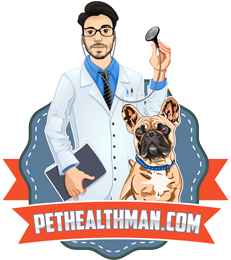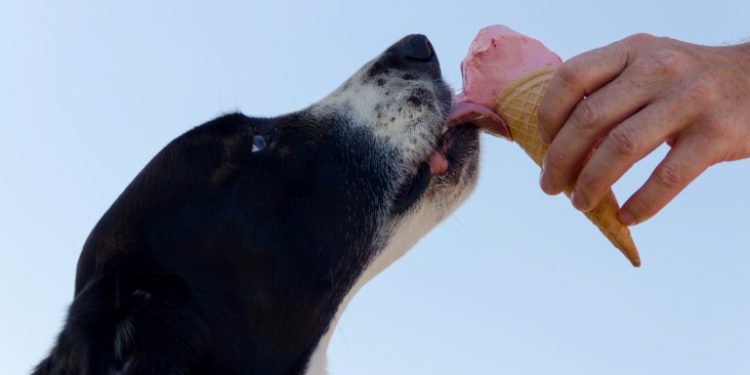If your dog is overweight, it’s important to address the issue to ensure their overall health and well-being. Here are some steps you can take:
- Consult your veterinarian: Schedule a visit with your veterinarian to assess your dog’s weight, overall health, and rule out any underlying medical conditions that may contribute to weight gain. They can provide specific guidance and create a tailored weight management plan for your dog.
- Adjust their diet: Work with your veterinarian to develop a balanced and portion-controlled diet suitable for weight loss. This may involve switching to a lower-calorie or weight management dog food. Avoid feeding table scraps or high-calorie treats, and be mindful of portion sizes.
- Monitor food intake: Measure your dog’s food accurately and avoid free-feeding. Follow the recommended portion sizes provided by your veterinarian or the dog food packaging. Avoid leaving food out all day and establish regular feeding times.
- Increase exercise and activity: Engage your dog in regular exercise to help them burn calories and improve their fitness. Increase the duration and intensity of walks, play interactive games, or provide mentally stimulating activities like puzzle toys to keep them active and engaged.
- Gradual weight loss: Aim for gradual weight loss rather than rapid or drastic changes. Losing weight too quickly can be detrimental to your dog’s health. Work with your veterinarian to set realistic weight loss goals and monitor progress over time.
- Stay consistent and committed: Weight loss requires commitment and consistency. Stick to the weight management plan recommended by your veterinarian, follow the feeding guidelines, and maintain a regular exercise routine. Keep track of your dog’s progress and make adjustments as necessary.
- Regular monitoring: Schedule regular check-ups with your veterinarian to monitor your dog’s weight, adjust the weight loss plan if needed, and ensure their overall health is improving.
Remember, weight loss should be approached in a gradual and healthy manner to avoid any negative impacts on your dog’s well-being. Always consult with your veterinarian for personalized advice and guidance based on your dog’s specific needs.









